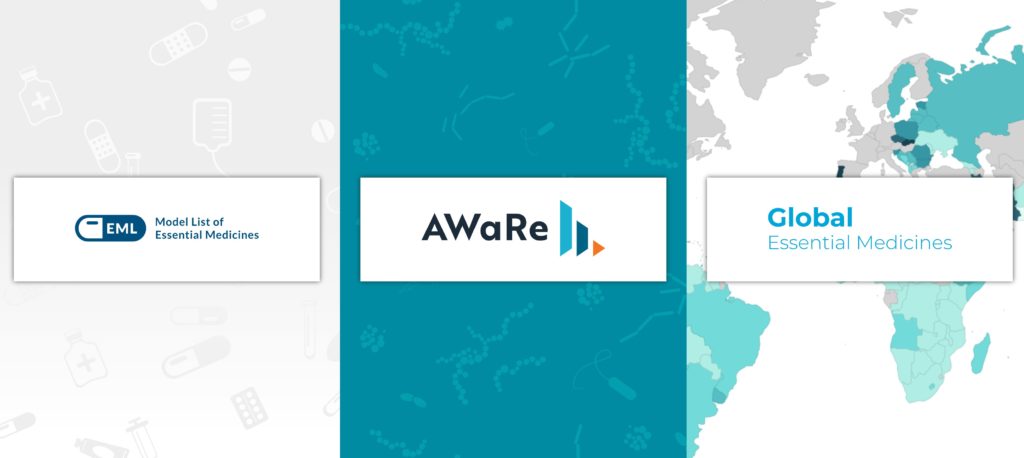The World Health Organization (WHO) Model List of Essential Medicines includes the medications considered to be most effective and safe to meet the most important needs in a health system. More than 155 countries have created their own national lists of essential medicines based on the WHO model list. The inclusion of a specific medication in a national essential-medicines list is an important initial steps towards making that medicine more widely available and affordable.
How closely do national essential-medicines lists around the world reflect WHO’s recommendations? What are the attributes of countries with lists that differ from the WHO list?
Developing a publicly available database of national essential-medicines lists
We created an electronic database of 137 countries’ lists and 2068 medicines containing 283,316 data points to synthesize and simplify the existing repository maintained by the WHO. This database facilitates comparisons of entire essential-medicines lists with each other, and also makes it easy to see differences between countries with respect to particular medicines.
We used linear regression to determine whether differences were accounted for by region, population, life expectancy, infant mortality, gross domestic product, and health expenditure.
Countries could provide explanations for medicines they have decided to add, in order to help other countries decide if they should also list them, and use the database created for this study to flag medicines that are not listed by similar countries or the WHO’s Model List of Essential Medicines. This additional information may help countries decide if medicines on their lists should be removed or if other medicines should be added.
The results showed that substantial differences between national essential-medicines lists are not easily explained by differences in country characteristics and thus may not be related to different priority needs. This information helps to identify specific opportunities to improve essential-medicines lists.
Our goal was to create a tool for change that governments, advocates and researchers can use to identify specific solutions that might help meet the priority health needs of their populations.


